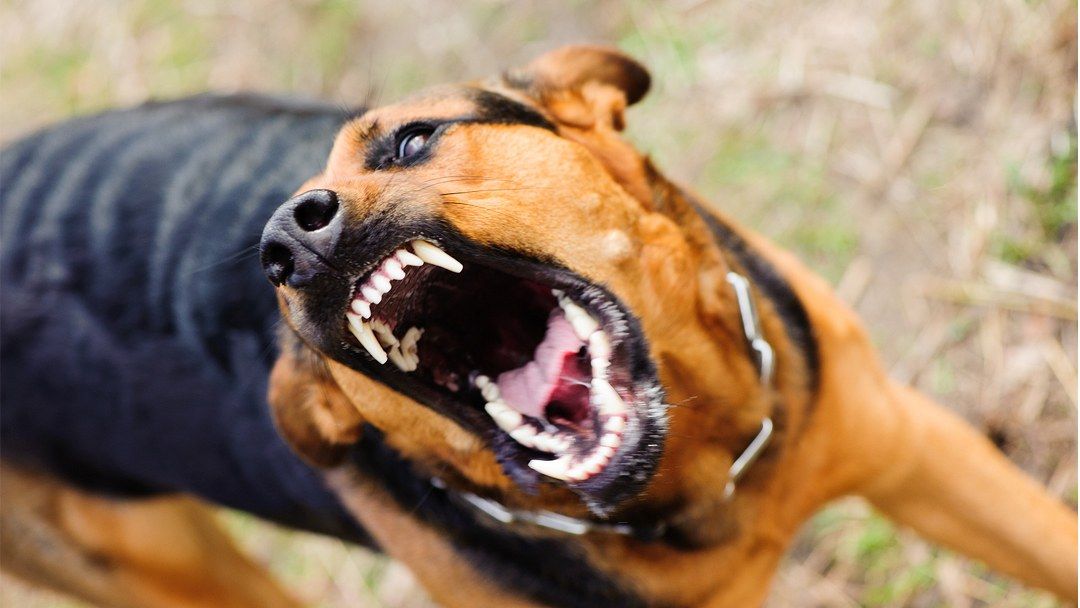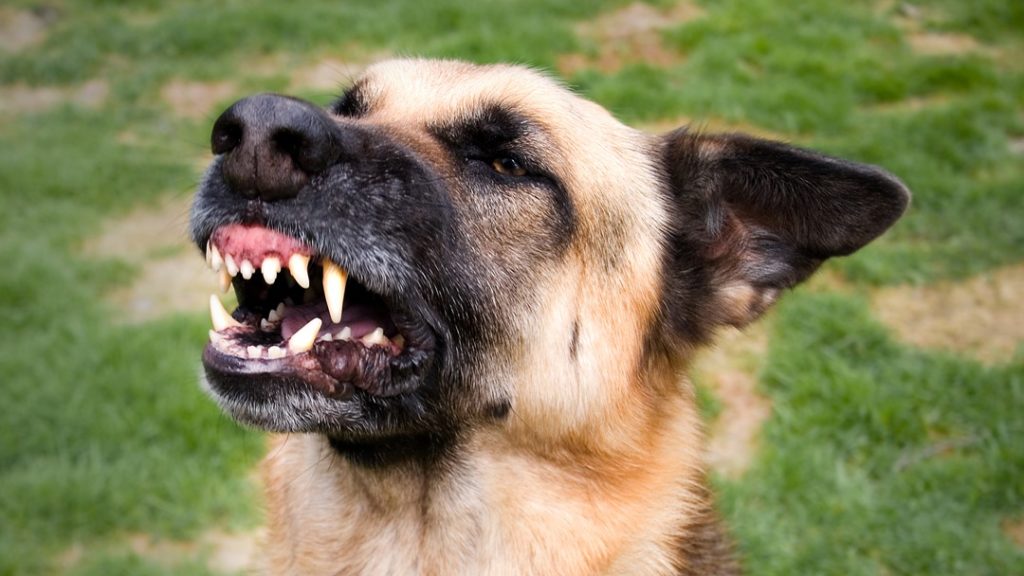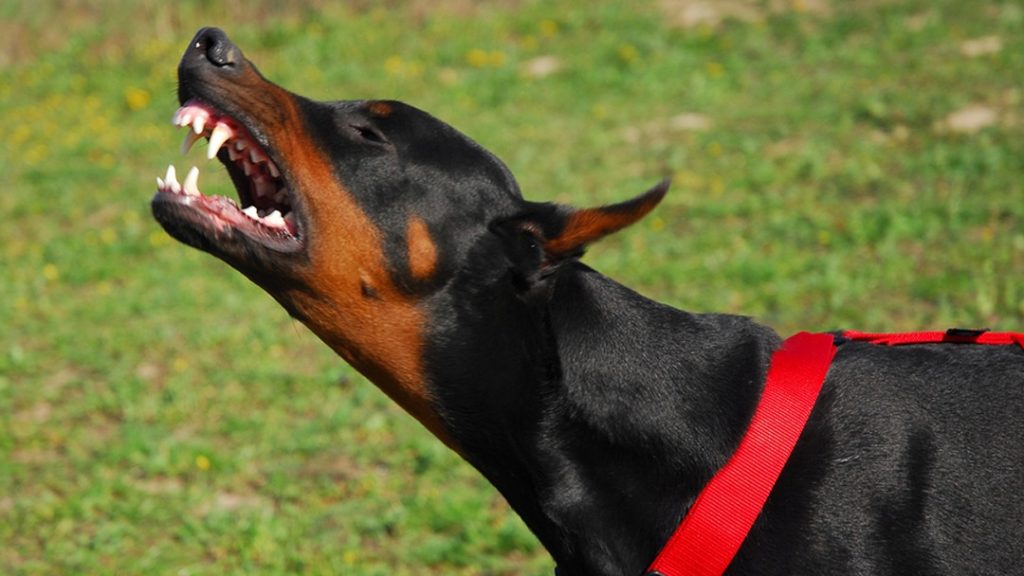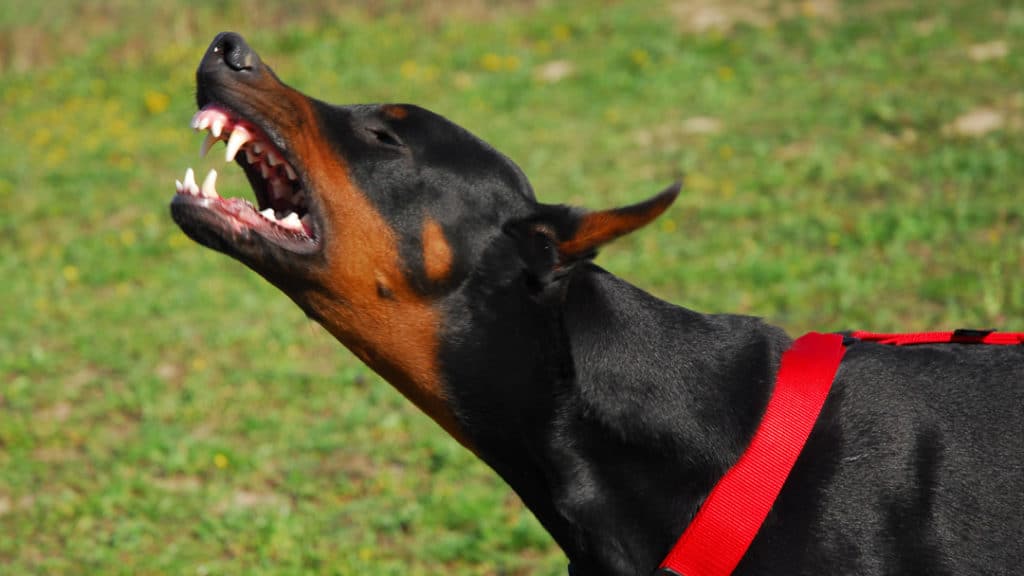
What To Do If You’ve Been Bitten by a Dog
What To Do If You Have Been Bitten By a Dog? Steps To Take After A Dog Bite
Experiencing dog bites can be a traumatic and potentially dangerous event. It’s crucial to know the appropriate steps to ensure your safety and legal rights.
This article provides a comprehensive guide on the immediate actions to take after dog bites, including wound care, seeking medical attention, reporting procedures, and legal considerations.
If you are bitten by a dog, try to stay calm and avoid provoking the animal
If you have been attacked by a dog, it is crucial that you try to maintain a composed demeanor, as any signs of panic or aggression could further provoke the dog. Dog bites can be traumatic and painful, but it is important to remember that your behavior in the aftermath of being bitten can greatly impact the severity of the situation. It is, therefore, essential to remain calm and collected to avoid further escalation.
If you have been bitten, immediately separate yourself from the dog, if possible, to prevent additional bites. Once safe, assess the bite wound. Dog bites can result in skin injuries ranging from minor scratches to deep puncture wounds. Even minor skin injuries from dog bites can lead to infection if not properly cared for, thus it is vital to clean the wound promptly and thoroughly.
Seeking immediate medical attention is critical, even if the bite appears minimal. Healthcare professionals can adequately clean and dress the wound to reduce the chance of infection. They can also administer necessary vaccinations, such as for rabies, and provide antibiotic treatment if required.
Understanding the dog’s vaccination history can also be useful in determining the risk of transmission of rabies. If you can safely obtain this information from the dog’s owner or caregiver without provoking the animal, it may be significantly beneficial.
If the dog is still attacking you, try to protect your face and neck
Despite the initial shock of a dog bite, it is crucial that you prioritize protecting your face and neck, as these areas are particularly vulnerable to severe injuries. If the dog is still attacking you, using any available objects to form a barrier between you and the animal can significantly reduce the risk of sustaining further injury or wounds.
Although any dog bite is potentially dangerous, dogs, like all animals, have specific target areas they may instinctively aim for when they feel threatened or aggressive. The face and neck are such areas due to their vulnerability and accessibility.
If the dog that bit you is still a threat, try to remain as calm as possible. Panicking can exacerbate the situation, making the dog more anxious and potentially more aggressive. Try to back away slowly and avoid making direct eye contact, which the dog could interpret as a challenge.
If you’re bitten, it’s important to clean the wound as soon as you can. Dog bites, even from seemingly healthy dogs, can introduce bacteria into the body, leading to infections if not properly treated. Seek immediate medical attention, especially if the wound is deep or the dog is unknown to you.
Once you are safe, wash the wound thoroughly with soap and water
After ensuring your safety and escaping from the dog, it is important to clean the bite wound with generous amounts of warm water and soap to minimize the risk of infection. Dog bites can introduce bacteria into the body, leading to infections if not treated promptly and correctly.
Then, stay calm. Your body may be in shock from the attack, and you need to take slow and deep breaths to help get your heart rate under control. Once you have managed to do this, you can proceed cleaning the wound.
If you have been bitten by a dog, when you have access to clean water and soap, wash the wound thoroughly. This helps to clear out any bacteria that may have been introduced during the bite. Be sure to rinse the wound under running water for at least five minutes. Washing with soap and water is a critical action you can take to prevent infection.
The soap should be mild and non-perfumed. Harsh or heavily scented soaps can further irritate the wound and cause additional discomfort. Once you’ve washed the wound, pat it dry gently using a clean towel. Afterward, an antibiotic cream can be applied, followed by a clean dressing or bandage to protect the wound from further contamination.
This process is crucial for your health after you have been bitten by a dog. However, it does not replace professional medical advice and treatment. If you’ve taken these steps, schedule an appointment with your healthcare provider to ensure proper care and follow-up.
Seek medical attention immediately after dog bites
Regardless of the severity of the bite, one should promptly seek medical attention to prevent complications and ensure proper care. Even bites from a healthy dog can pose health risks, as dog health does not necessarily equate to a lack of harmful bacteria. Bites from a dog can lead to infections if not treated immediately.
It’s crucial to inform your doctor about the bite incident in detail. This will greatly help them in understanding the risk factors associated with your case and to provide appropriate care. The NHS also provides guidance for bite victims that can be of immense help in such situations.
Here are the steps that you should follow after dog bites:
- Inform your doctor about the dog’s health status, if known.
- Ask if a tetanus shot is necessary.
- Discuss the possibility of a rabies vaccination.
- Always follow your doctor’s advice regarding wound care and any prescribed medication.
Understanding the potential complications from dog bites is also important. Infected bites can lead to serious conditions such as cellulitis, an infection of the skin and underlying tissues. In rare cases, dog bites can cause a severe infection called sepsis, a life-threatening condition.
Report the dog bite to animal control
Having sought medical attention for your bite, the next crucial step involves reporting the incident to your local animal control agency. This measure is imperative not just for your sake but also for the well-being of others who might become the next unfortunate bite victim.
You might wonder why it’s necessary to report dog bites to animal control. The reason is twofold: first, to ensure that the offending dog does not pose a public health risk, such as rabies or other zoonotic diseases; and second, to enforce local bite laws that mandate responsible dog ownership.
If you have ever had to deal with the aftermath of dog bites, you know that the injuries can be both physical and emotional. Reporting the bite can help you secure the legal recourse you may need to cover medical bills and other related expenses. While navigating through bite laws can be complex, a knowledgeable bite attorney can guide you through your legal rights and options.
Furthermore, reporting dog bites is essential in tracking and preventing future incidents. Every person’s bite report contributes to a larger database that helps local authorities and researchers understand trends and risk factors related to dog bites. This information is invaluable in crafting strategies to minimize such incidents in communities.
Gather information about the dog and its owner
In the midst of managing your injury and reporting the incident, it is equally important to gather information about the offending dog and its owner, for both medical and legal purposes. This information is crucial to help your medical provider understand the risk of disease, especially if the dog’s vaccination status is unknown. It could also be relevant for any legal action that may be necessary due to the incident.
The information you gather about the bite incident should be thorough and precise. It will not only save you heartache in the future, but it also may be required under your local authority’s advertising policy to publicly notify the community of the dog bite incident. This is often necessary to protect others from potential similar encounters with the same dog.
To aid in this process, consider the following:
- Description of the dog: Document the dog’s size, breed, color, and any distinguishing features. If possible, take photos of the dog.
- Dog owner’s information: Record the name, address, and contact details of the dog’s owner.
- Vaccination status of the dog: Ask the owner about the dog’s vaccination history, particularly about rabies and other diseases that can be transmitted through bites.
- Witness information: If there were any witnesses to the incident, gather their contact information.
Take pictures of the wound as soon as possible after the dog bite
You should aim to take clear, well-lit photographs of the wound as soon as possible after the bite incident. This step, while seemingly simplistic, is important in maintaining a record of the bite injury and can be instrumental in the subsequent phases of medical treatment, potential legal actions or insurance claims.
Photographing the wound assists medical professionals in gauging the severity of the bite, the type of wound inflicted, and the appropriate course of treatment. It acts as a visual representation of the initial damage caused, which can be used by doctors or nurses to monitor the healing process and identify any early signs of complications, such as infection.
Additionally, photos of the wound are powerful evidence in any legal proceedings that may follow the incident. They can provide irrefutable proof of the injury, helping to establish the facts of the case. This might be particularly crucial if the dog’s owner disputes the severity of the bite or if there are questions surrounding liability.
To ensure the photos are as clear and accurate as possible, try to take them in a well-lit environment and from multiple angles. Include both close-up shots to document the detail of the wound and wider shots to illustrate its location on your body. You may want to use a ruler or a common object for scale to better convey the size of the wound.
Contact your insurance company
The next critical step after a dog bite incident involves reaching out to your insurance company to report the bite and initiate a claim process. It is vital to do this as soon as possible after the event to ensure the claim can be processed promptly.
Your insurance company will need detailed information about the incident. This includes the date and time of the bite, the circumstances leading up to the incident, and any details you can provide about the offending dog and its owner. If you have sustained serious injuries, your insurer may also request medical documentation, such as the treatment you received and any ongoing medical care you may require.
Contacting your insurance company is not only essential for financial coverage for your medical expenses but it also provides you with the opportunity to get expert advice on how to proceed with your situation. Insurance companies often have experienced claims adjusters who are well-versed in handling such incidents and can provide invaluable guidance.
Here are some tips to remember when contacting your insurance company:
- Have all necessary information on hand, including the date, time, and location of the bite incident, details about the dog and its owner, and any witness statements.
- Be prepared to provide medical documentation of your injuries.
- Follow your insurer’s directives carefully to ensure your claim is processed without delays.
- Stay patient and cooperative throughout the process. Remember, your insurer is there to assist and guide you.
Contact A Dog Bite Attorney
After the immediate medical care and reporting of the incident to relevant authorities, seeking legal counsel is a crucial step to take if you’ve been bitten by a dog. An attorney can aid in understanding your rights, determining liability, and offering guidance through the legal process.
An attorney specializing in personal injury or specifically dog bite cases can provide expert advice. These professionals are well-versed in laws pertaining to dog bites, which can be complex and vary from state to state. They can help you understand whether you have a valid claim, the potential damages you might be entitled to, and the best strategy for your case.
Attorneys can also help gather and analyze evidence, such as medical records, witness statements, and any documentation related to the dog’s history of aggression. This information is vital in establishing the dog owner’s liability and the extent of your injuries.
If the dog owner has insurance that covers dog bites, the attorney can negotiate with the insurance company on your behalf. They can ensure that your rights are protected and that you receive fair compensation for your injuries, pain, and suffering. If negotiations fail, your attorney can file a lawsuit and represent you in court.
While hiring an attorney incurs a cost, many personal injury lawyers work on a contingency fee basis. This means they only get paid if they win your case. Therefore, contacting an attorney after a dog bite can be a valuable step in your recovery and pursuit of justice.
The dog bite attorneys at Kerner Law Group, P.C. will assist you in the preservation and preparation of evidence, including medical records, photographs, and the contact of witnesses. We are experienced in handling dog bite law and can aggressively pursue every avenue of recovery to ensure that you are compensated for your injuries.
If you or your loved one was injured and you are in need of a New York Dog Bite Attorney, the Kerner Law Group, P.C., will investigate, prosecute and negotiate with the insurance company of the negligent party to settle your claim and obtain compensation for you based upon the severity of your injury and your pain and suffering. If you would like a legal opinion on the potential value of your matter or have a question about your rights, contact one of our lawyers at (718) 796-7900 to schedule a FREE Consultation online so we can evaluate your case.


